Public support for Apple's refusal to unlock an iPhone 5c used by San Bernardino shooter Syed Rizwan Farook appears to be leaning in the company's favor, according to poll results published on Wednesday.
In online interviews run between Feb. 19 and 23, 46 percent of Americans supported Apple's resistance, while 35 percent disagreed, Reuters/Ipsos found. 20 percent of the poll group said they didn't know.
Positions appear to be closely linked to political views, since while 54 percent of Democrats supported Apple, only 37 percent of Republicans did. Likewise, 53 percent of Republicans agreed with the idea that the government should be able to peer into smartphone data to protect against terrorism, while the figure was only 46 percent for Democrats. Overall support for anti-terror smartphone snooping was also 46 percent.
Another influential factor appears to be age, as 64 percent of people between 18 and 39 sided with Apple.
Some 55 percent of the poll group believed that the government would use the ability to unlock iPhones to "spy on iPhone users." 28 percent disagreed.
While the FBI is asking only for a way to remove iOS' passcode retry limit, Apple has argued that doing so would fundamentally compromise the platform's security. With the limit off, investigators should be able to brute-force their way into Farook's phone without the device auto-deleting its data.
Apple is expected to rely on the First Amendment in contesting the unlock order, arguing that the FBI can't compel speech in the form of new computer code. The company may not have any precedent to fall back on, however.
 Roger Fingas
Roger Fingas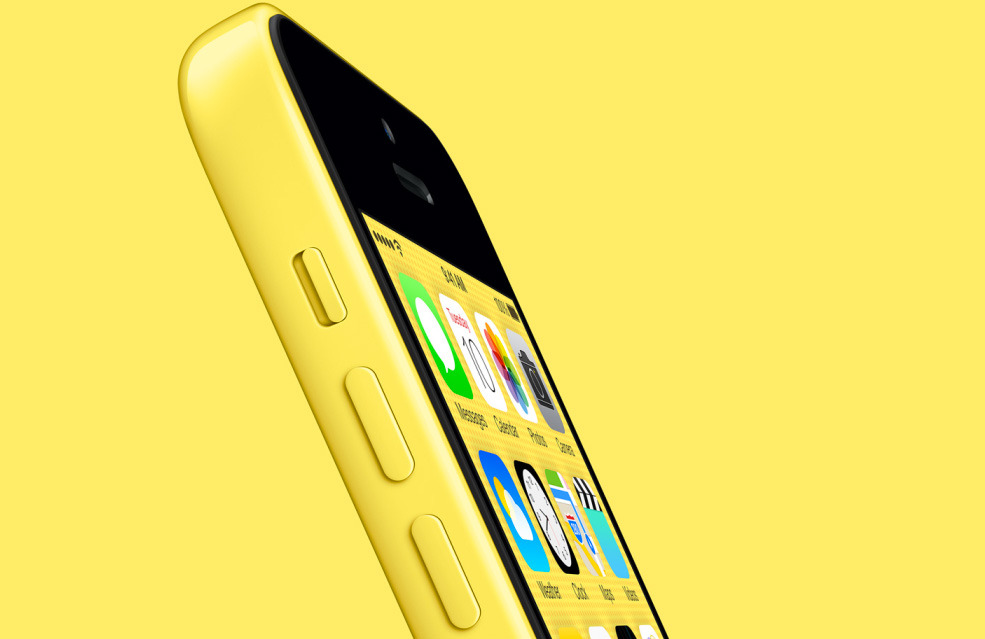
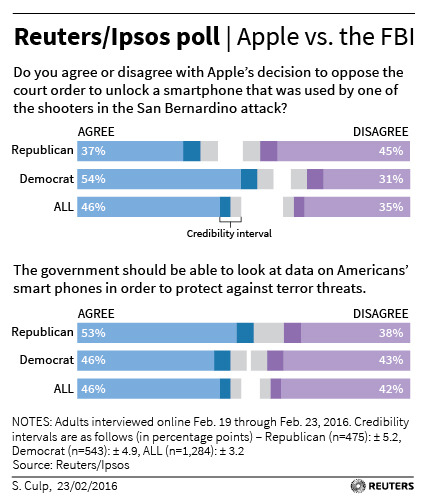
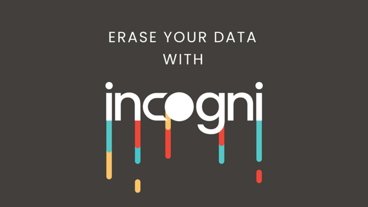
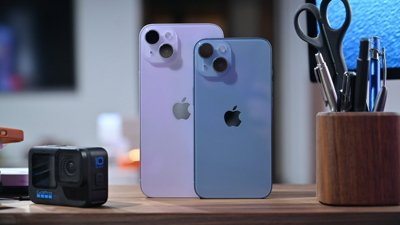
 Malcolm Owen
Malcolm Owen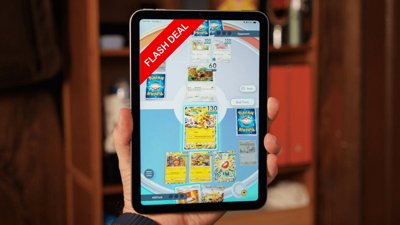
 Christine McKee
Christine McKee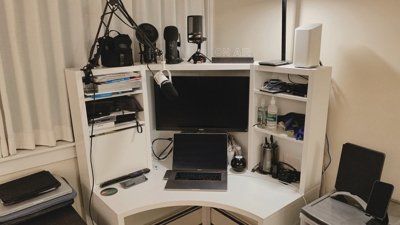
 Charles Martin
Charles Martin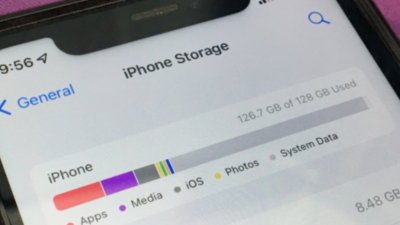

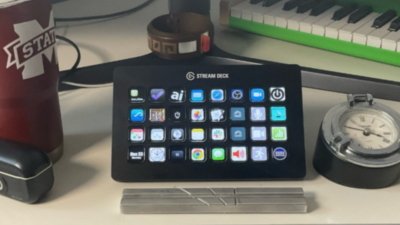
 William Gallagher
William Gallagher
 Amber Neely
Amber Neely










83 Comments
The real question is: "Should the FBI be able to access YOUR private conversations, emails, texts and photos whenever they want?"
The government you "love" today has a way of becoming the government you fear tomorrow.
On a related note, if Apple loses this one, the iPhone can no longer be considered a secure device for any purpose. We already know Andoid is crap.
this is so obvious it's a no-brainer. apple is on the right side of history. few companies advocate for our liberty and privacy like Apple does.
1st question gives no back-story information to those who don't know the full facts.
2nd question again does not detail the implications of the government having full unfettered access to all of your data at any time.
Were the same people polled with the full facts and potential outcomes thereof I'm pretty sure things would swing apple's way.